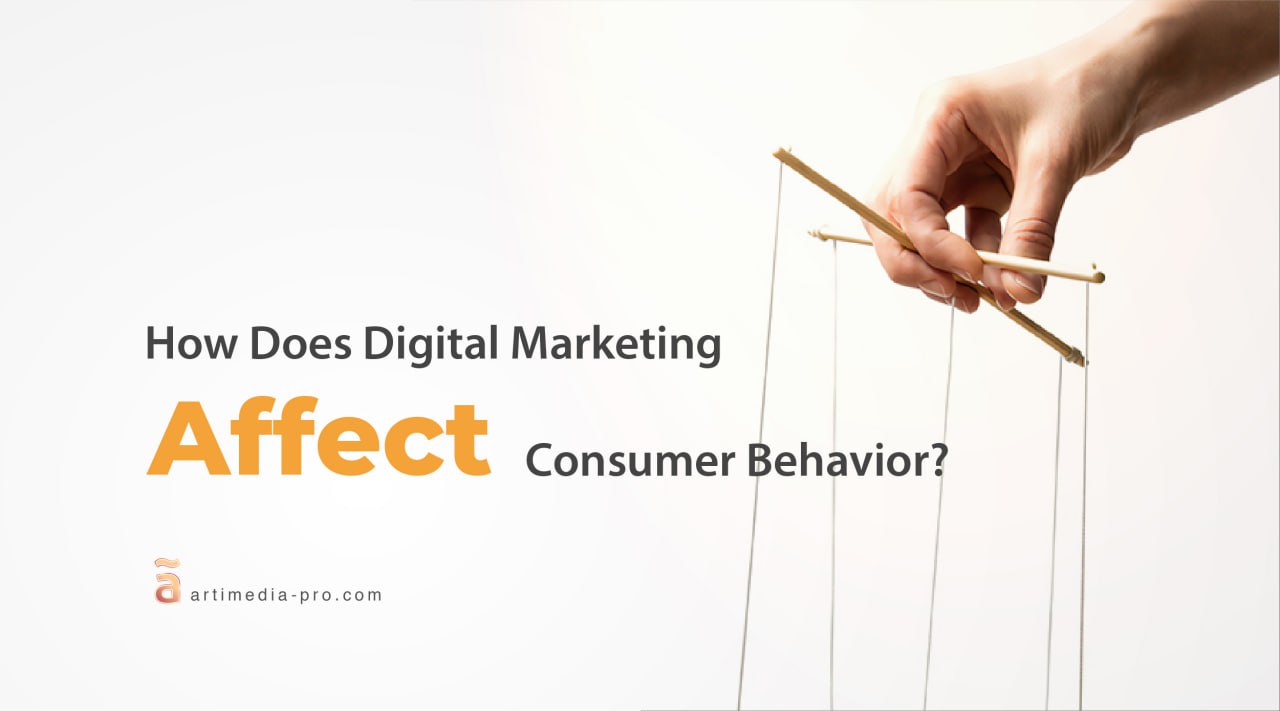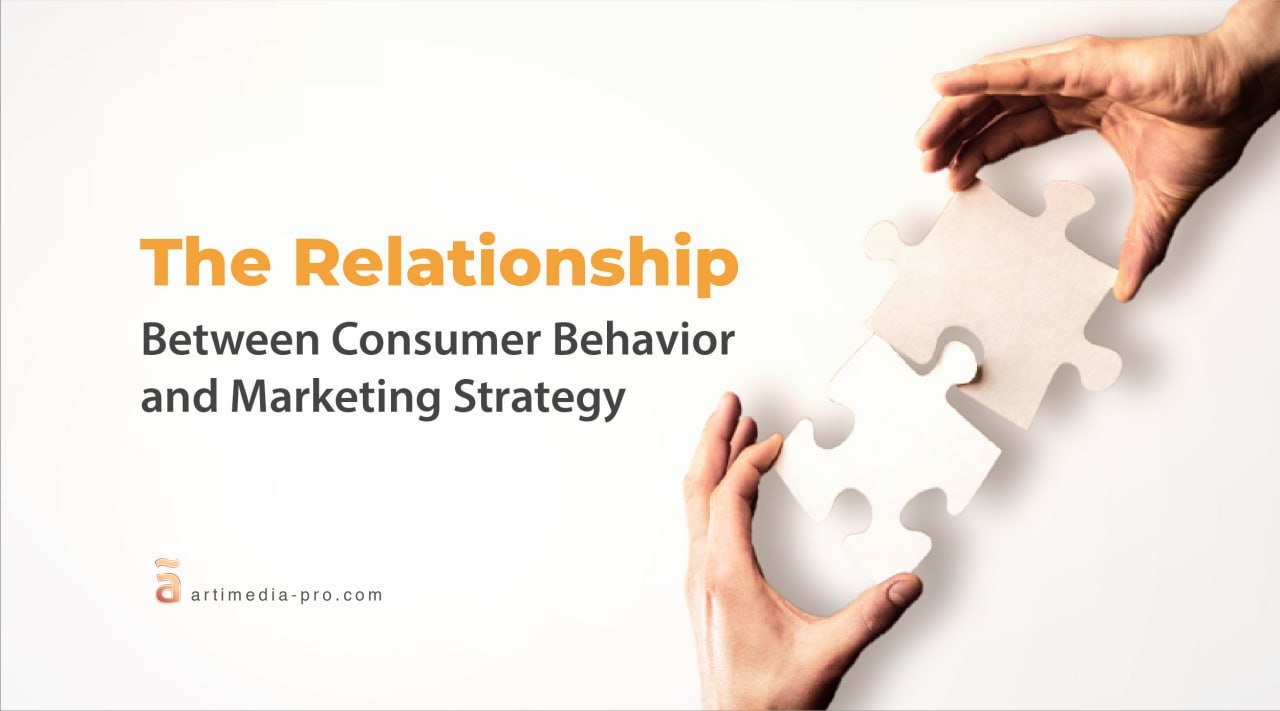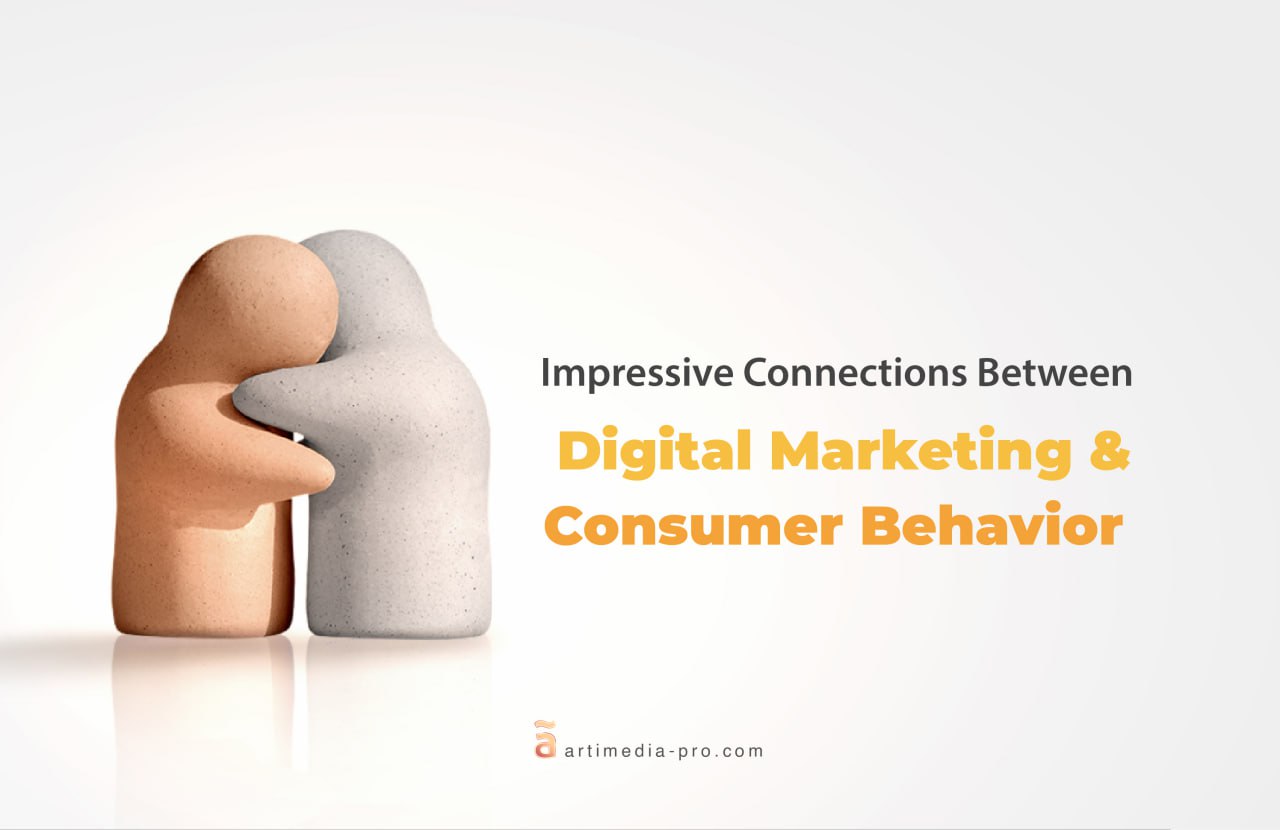![]()
Understanding your customer is the cornerstone of any successful business. For entrepreneurs and startup owners in the MENA region, grasping how people make decisions is more critical than ever. The rise of digital platforms has completely reshaped the customer journey. Understanding digital marketing and consumer behavior is essential—the impact of digital marketing on consumer buying behavior is profound and continues to evolve with technology.
What once was a linear path from awareness to purchase is now a complex, dynamic cycle influenced by social media, online reviews, and personalized ads.
This shift isn’t just a trend; it’s a fundamental change in how businesses connect with their audience. Digital marketing and its impact on consumer behavior manifests in how customers research, compare, and make purchasing decisions. It has empowered consumers, giving them access to vast amounts of information and a platform to share their opinions. For your business, this means new opportunities to engage customers, build brand loyalty, and drive growth through strategic digital marketing.
Let’s explore the key connections and learn how you can leverage them.
The New Customer Journey: From Linear to Cyclical
The traditional marketing funnel saw the customer move through predictable stages: awareness, consideration, and purchase. Digital marketing has turned this model into a continuous loop. A customer might discover your product on Instagram, read reviews on a blog, compare prices on your website, abandon their cart, and then be reminded of the product by a retargeting ad on Facebook before finally making a purchase.
This new journey is driven by data and constant interaction. Research shows that over 81% of consumers conduct online research before making a purchase. They are no longer passive recipients of advertising; they are active participants in a conversation. This shift requires businesses to be present and engaging across multiple digital touchpoints.


The Power of Social Proof and Online Reviews
One of the most significant changes in consumer behavior is the reliance on social proof. Before buying, people want to know what others think. This is where online reviews and social media testimonials become incredibly valuable.
- Statistics show that 91% of consumers aged 18-34 trust online reviews as much as personal recommendations.
- A one-star increase in a Yelp rating can lead to a 5-9% increase in business revenue.
For businesses in Syria and the MENA region, building a strong online reputation is crucial. Encourage satisfied customers to leave reviews on Google, your Facebook page, or relevant industry sites. Positive feedback acts as a powerful endorsement, directly influencing the purchasing decisions of new customers.
How Digital Marketing Influences Consumer Behavior: Key Channels
Understanding how digital marketing influences consumer behavior requires examining the specific channels that shape decisions:
- Search Engines: Over 81% of consumers research online before purchasing. SEO and paid search ads position your brand at critical decision moments.
- Social Media: Platforms like Instagram, Facebook, and TikTok don’t just build awareness—they drive immediate purchase intent through shoppable posts and influencer endorsements.
- Email Marketing: Personalized email campaigns influence behavior by delivering targeted offers based on past interactions, increasing conversion rates by up to 760%.
- Retargeting Ads: These remind consumers of products they viewed, addressing the 70% of shoppers who abandon carts, and significantly boosting final conversion rates.
Each channel plays a distinct role in the consumer journey, working together to guide prospects from awareness to purchase and beyond.
Personalization: The Key to Cutting Through the Noise
Consumers today are bombarded with marketing messages. The only way to stand out is through personalization. Digital marketing allows you to collect data on user behavior, preferences, and demographics, enabling you to deliver highly relevant content and offers.
Think about Amazon’s recommendation engine or Netflix’s personalized content suggestions. These systems use AI to analyze past behavior and predict future interests. This level of personalization makes the consumer feel understood and valued, which significantly increases engagement and conversion rates. Businesses can start small by segmenting email lists or running targeted social media ad campaigns to specific audience groups.
Current Trends in Consumer Behavior and Digital Marketing
To stay ahead, it’s vital to keep up with the latest trends shaping the industry.
- The Rise of Video Content: Platforms like TikTok, Instagram Reels, and YouTube Shorts dominate user attention. Understanding the best time to post on Instagram and other platforms helps maximize engagement with consumers when they’re most receptive.
- Voice Search and AI Assistants: With the growing use of devices like Alexa and Google Assistant, optimizing for voice search is becoming more important. Consumers are using voice commands to find local businesses, ask questions, and even make purchases.
- Conversational Marketing: Customers expect immediate answers. AI-powered chatbots on websites and social media provide 24/7 support, answering queries and guiding users through the sales process. About 40% of millennials say they interact with a chatbot daily.
- Influencer Marketing: Collaborating with trusted influencers in your niche can be a highly effective strategy. Influencers have built a loyal following, and their recommendations can drive significant brand awareness and sales.


The Symbiotic Relationship: How Behavior Shapes Marketing
The relationship between digital marketing and its impact on consumer buying behavior is a two-way street. While marketing strategies influence how consumers act, consumer behavior also shapes how marketers operate.
When customers leave reviews, comment on social media posts, or participate in surveys, they provide invaluable data. This feedback loop allows businesses to refine their products, improve their services, and adjust their marketing messages to better meet customer needs. A data-driven approach, where you listen and adapt to consumer behavior, is the most effective way to build a sustainable and profitable business. Learn more about implementing a comprehensive digital marketing strategy that puts consumer insights at the center.
Frequently Asked Questions (FAQs)
How does consumer behavior influence digital marketing strategies?
Consumer behavior directly shapes digital marketing strategies. Marketers analyze how consumers search, engage with content, make purchasing decisions, and respond to different messaging. This data allows them to tailor campaigns, personalize content, and choose the most effective platforms and timing to reach their target audience.
What is “social proof” in digital marketing?
Social proof is a psychological phenomenon where people assume the actions of others in an attempt to reflect correct behavior for a given situation. In digital marketing, this means leveraging customer testimonials, reviews, social media likes/shares, and influencer endorsements to build trust and persuade potential customers that your product or service is valuable.
Why is personalization important in digital marketing?
Personalization involves tailoring marketing messages and content to individual consumers based on their data, preferences, and past interactions. It’s crucial because it makes marketing more relevant and engaging, increasing conversion rates, improving customer satisfaction, and building stronger brand loyalty by showing customers that their unique needs are understood.
How do feedback loops from consumers help businesses?
Consumer feedback loops, such as reviews, social media comments, and survey responses, provide invaluable data. This feedback allows businesses to refine products, improve services, and adjust marketing messages. By listening and adapting to consumer behavior, businesses can better meet customer needs, leading to sustainable growth and profitability.
What is the impact of digital marketing on consumer buying behavior?
Digital marketing and its impact on consumer buying behavior is transformative. It has changed how consumers research products (81% research online before buying), how they seek validation (91% trust online reviews as much as personal recommendations), and how they make decisions (through personalized recommendations and retargeting). Digital marketing empowers consumers with information while giving businesses unprecedented ability to influence purchase decisions through targeted messaging, social proof, and data-driven personalization.
Conclusion: Adapt and Thrive
The link between digital marketing and consumer behavior is undeniable and constantly evolving. For entrepreneurs and project owners, success no longer lies in simply broadcasting a message. It lies in listening, engaging, and adapting to the needs and behaviors of your customers.
By embracing social proof, personalizing your communications, and staying on top of current trends, you can build a strong brand awareness strategy that resonates with your audience.
Use the data available to you to understand your customers on a deeper level and create a marketing strategy that not only reaches them but also builds a lasting relationship.


